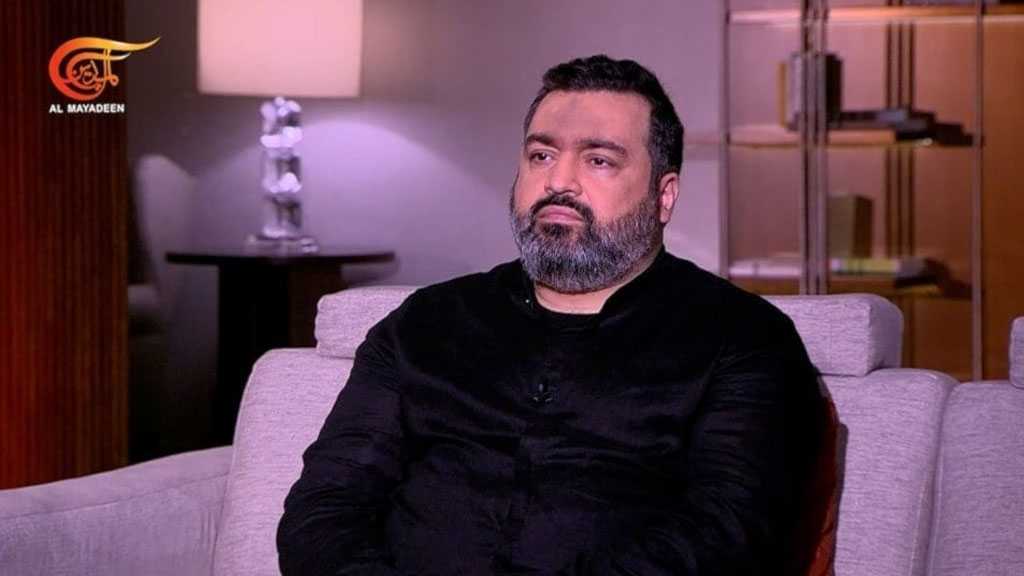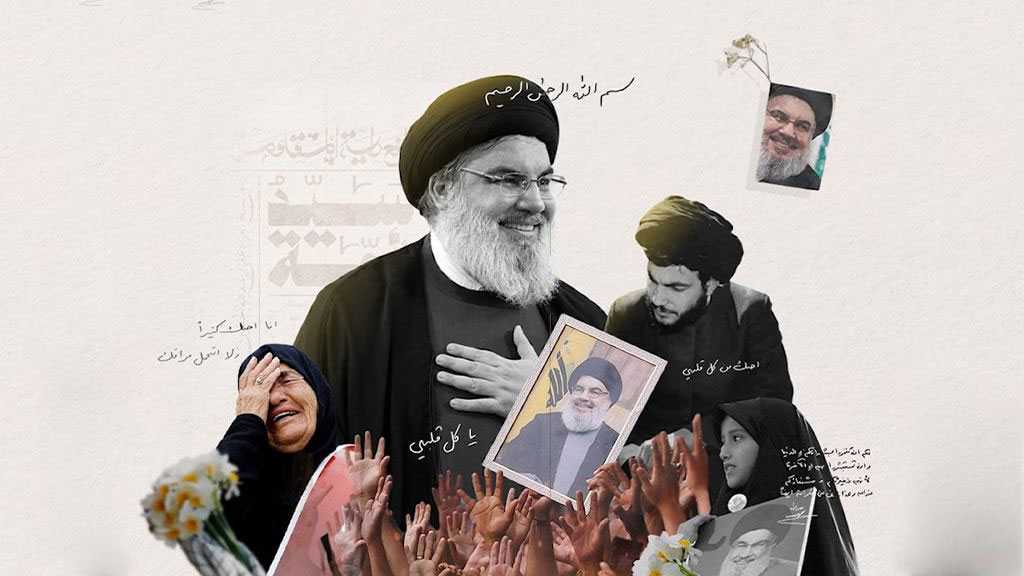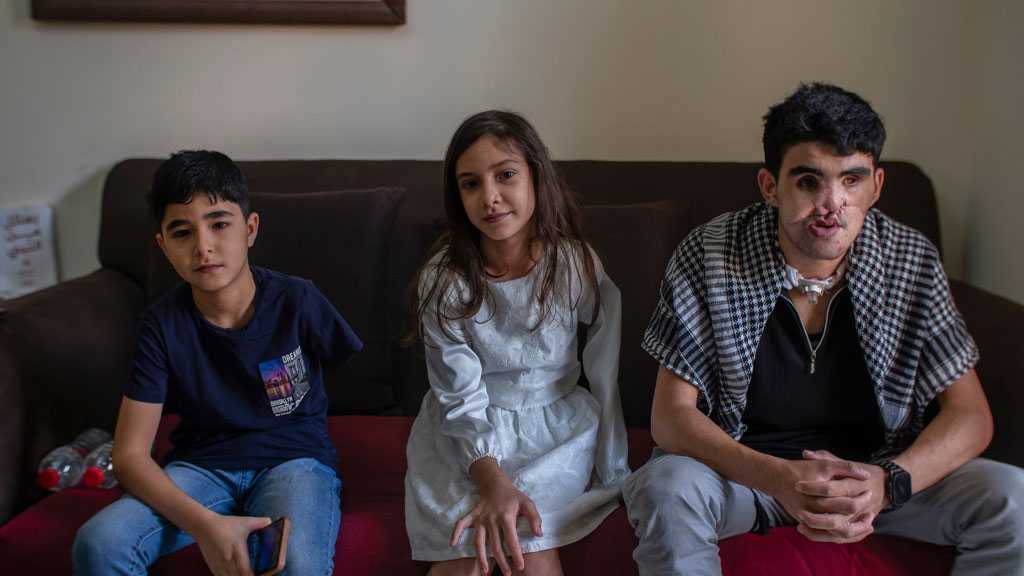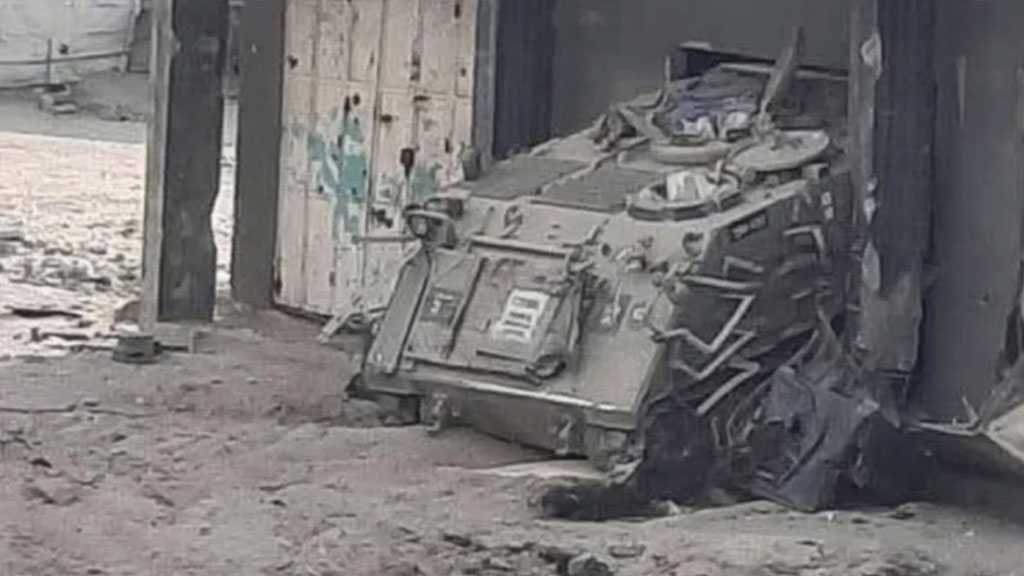... And now Sarkozy to Damascus!

High stakes all around as Sarkozy brings his gambit to Damascus
Source: Daily Star, 03-09-2008
French President Nicolas Sarkozy brings an ambitious agenda with him to Damascus this week.
He has been widely accused of an over-eagerness to engage with Syrian leader Bashar Assad, but such criticism will retain little resonance if French diplomacy achieves even part of its goals.
The centerpiece of Sarkozy's visit will be a four-way summit that will put him and Assad at the same table as Turkish Prime Minister Recep Tayip Erdogan and Qatar's Emir Sheikh Hamad bin Khalifa al-Thani. The guest list is no coincidence: Turkey has become a valuable broker by mediating indirect talks between Syria and 'Israel', while Qatar has earned its spot by helping to settle a long-running constitutional crisis pitting loyalist and opposition political camps in Lebanon. Moreover, Sarkozy, Sheikh Hamad and Assad each hold the rotating presidencies of major regional bodies: the European Union, Gulf Cooperation Council and the Arab League, respectively.
Among others, the issues expected to be discussed during Sarkozy's visit are expected to include both general and specific elements of the Arab-'Israeli' conflict, 'Israel's' continuing occupation of Lebanon's Shibaa Farms, Syria's role in Lebanese politics, plans for regional oil and gas pipelines that may have been jeopardized by the crisis in Georgia, other forms of economic cooperation, and the standoff over Iran's nuclear program. Clearly, Sarkozy means to enhance France's fortunes and influence in a rapidly changing Middle East by helping to shape a new diplomatic configuration. Sheikh Hamad and Erdogan have similar goals, while Assad is primarily concerned with solidifying his regime's emergence from isolation.
It is important for several actors to take careful stock of the situation. Many of the issues in play involve both Syria and Iran, for example, but it is the host of the summit, Damascus, which stands to be credited with success or blamed for failure. Then there is Lebanon, which would do well to eschew its usual institutional lassitude by following up very quickly with the Qataris, the French and the Turks to determine the likelihood of timely Syrian cooperation on such pressing matters as establishing the Lebanese identity of (occupied) Shibaa. As for Iran, it has vested interest in paying close attention to what its Syrian allies are up to on what Tehran regards as more tactical levels.
It is no secret that several powers - large and small, indigenous and not - are anxious to create a new regional order and to increase their own respective statures within it. It is also plain that there will be no going back to the uneasy balance prevailing before the US-led overthrow of Iraq's Saddam Hussein in 2003. Less obvious is what kind of model has the best chance of ending the Middle East's perennial volatility - and how best to develop and build support for such a model when so many of the necessary players are at odds with one another and/or coping with precarious internal situations that have relegated long-range planning to the backburner.
In addition to these challenges, summit participants and observers alike will operate on the assumption that come what may, little real progress will be achieved until a new US president takes office in January 2009. In no way, however, does that diminish the importance of getting the talks right. Even if the only purpose is to lay the groundwork for future processes and structures, the stakes are too high - particularly for Damascus - to see this week as anything but crucial for those who genuinely want the peoples of the Middle East to know less trying forms of existence.
Source: Daily Star, 03-09-2008
French President Nicolas Sarkozy brings an ambitious agenda with him to Damascus this week.
He has been widely accused of an over-eagerness to engage with Syrian leader Bashar Assad, but such criticism will retain little resonance if French diplomacy achieves even part of its goals.
The centerpiece of Sarkozy's visit will be a four-way summit that will put him and Assad at the same table as Turkish Prime Minister Recep Tayip Erdogan and Qatar's Emir Sheikh Hamad bin Khalifa al-Thani. The guest list is no coincidence: Turkey has become a valuable broker by mediating indirect talks between Syria and 'Israel', while Qatar has earned its spot by helping to settle a long-running constitutional crisis pitting loyalist and opposition political camps in Lebanon. Moreover, Sarkozy, Sheikh Hamad and Assad each hold the rotating presidencies of major regional bodies: the European Union, Gulf Cooperation Council and the Arab League, respectively.
Among others, the issues expected to be discussed during Sarkozy's visit are expected to include both general and specific elements of the Arab-'Israeli' conflict, 'Israel's' continuing occupation of Lebanon's Shibaa Farms, Syria's role in Lebanese politics, plans for regional oil and gas pipelines that may have been jeopardized by the crisis in Georgia, other forms of economic cooperation, and the standoff over Iran's nuclear program. Clearly, Sarkozy means to enhance France's fortunes and influence in a rapidly changing Middle East by helping to shape a new diplomatic configuration. Sheikh Hamad and Erdogan have similar goals, while Assad is primarily concerned with solidifying his regime's emergence from isolation.
It is important for several actors to take careful stock of the situation. Many of the issues in play involve both Syria and Iran, for example, but it is the host of the summit, Damascus, which stands to be credited with success or blamed for failure. Then there is Lebanon, which would do well to eschew its usual institutional lassitude by following up very quickly with the Qataris, the French and the Turks to determine the likelihood of timely Syrian cooperation on such pressing matters as establishing the Lebanese identity of (occupied) Shibaa. As for Iran, it has vested interest in paying close attention to what its Syrian allies are up to on what Tehran regards as more tactical levels.
It is no secret that several powers - large and small, indigenous and not - are anxious to create a new regional order and to increase their own respective statures within it. It is also plain that there will be no going back to the uneasy balance prevailing before the US-led overthrow of Iraq's Saddam Hussein in 2003. Less obvious is what kind of model has the best chance of ending the Middle East's perennial volatility - and how best to develop and build support for such a model when so many of the necessary players are at odds with one another and/or coping with precarious internal situations that have relegated long-range planning to the backburner.
In addition to these challenges, summit participants and observers alike will operate on the assumption that come what may, little real progress will be achieved until a new US president takes office in January 2009. In no way, however, does that diminish the importance of getting the talks right. Even if the only purpose is to lay the groundwork for future processes and structures, the stakes are too high - particularly for Damascus - to see this week as anything but crucial for those who genuinely want the peoples of the Middle East to know less trying forms of existence.




